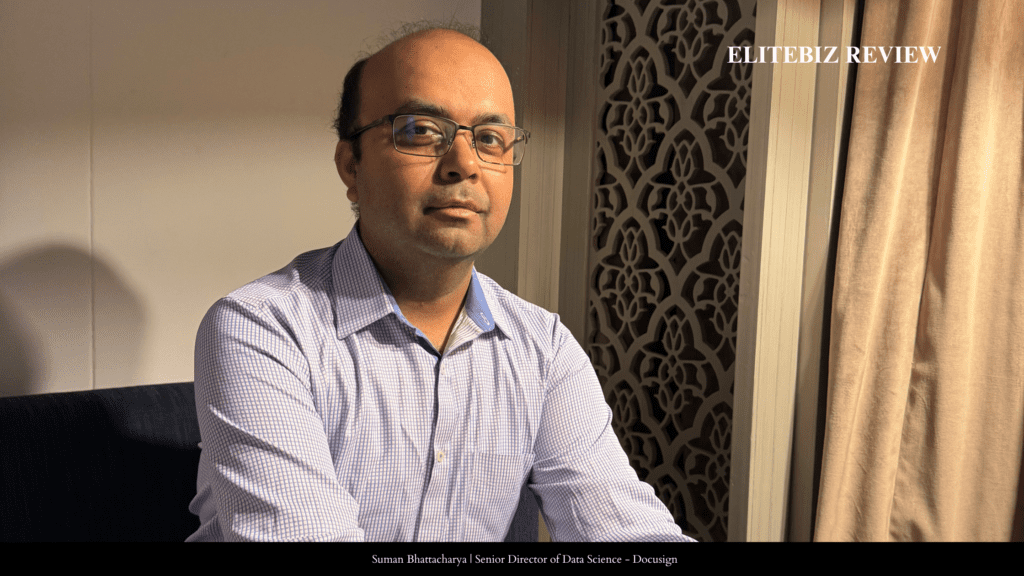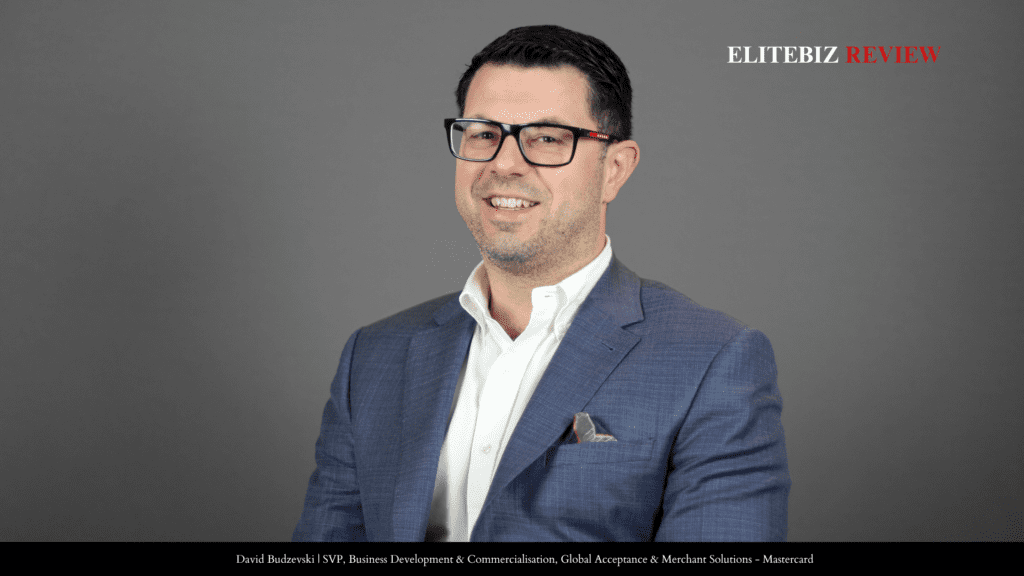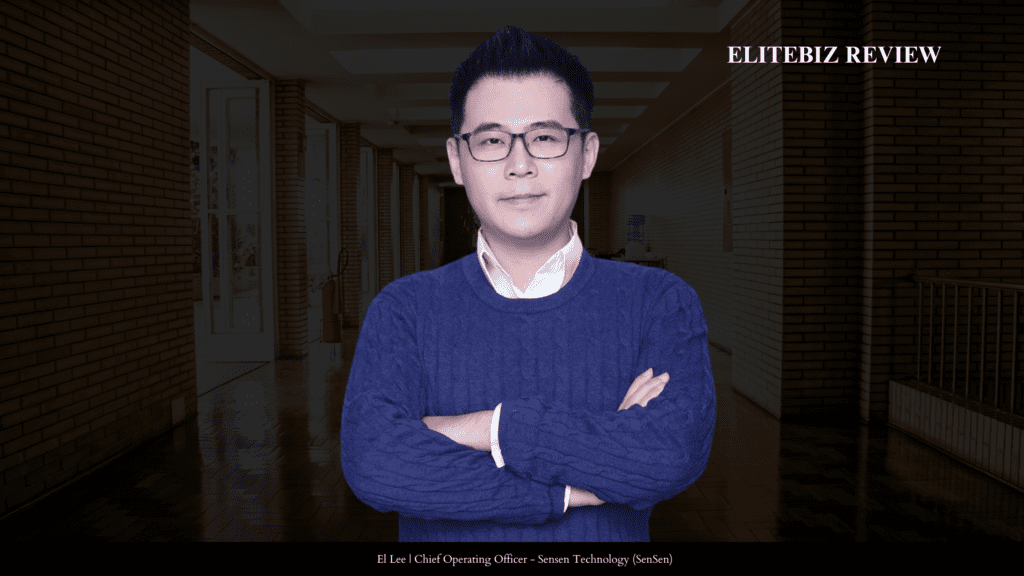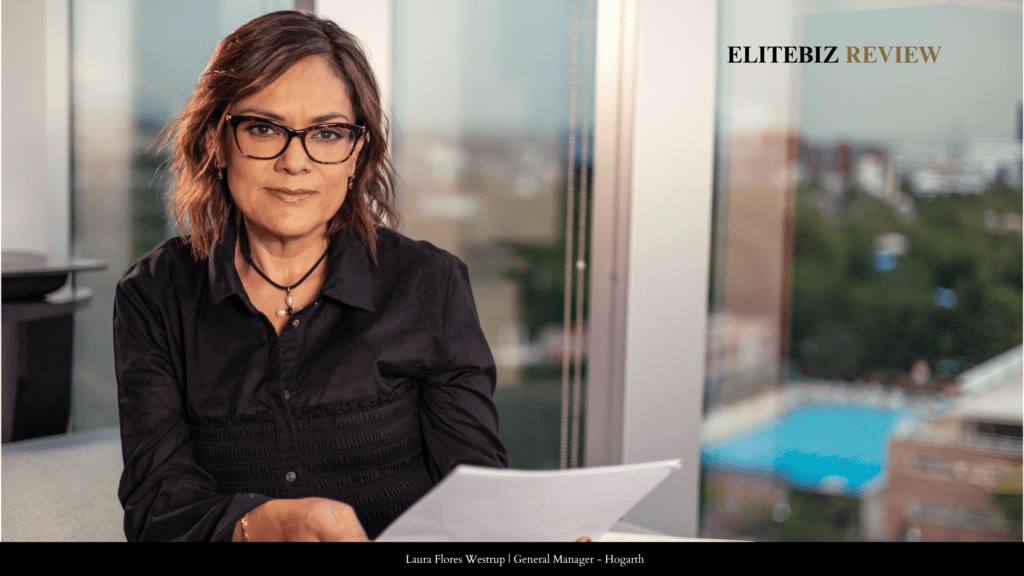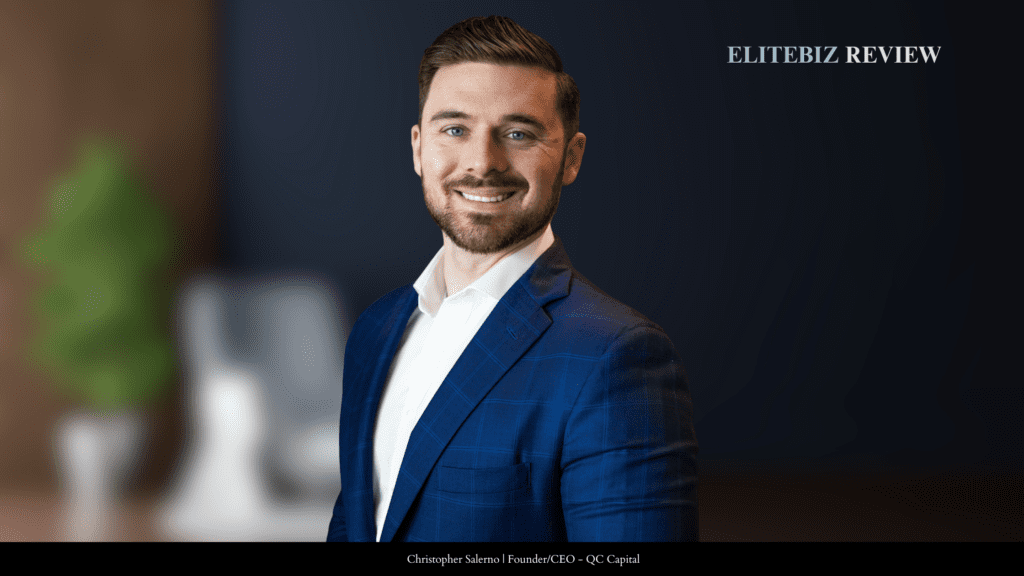Suman Bhattacharya and Docusign: Harnessing the Power of Data Science to Transform the Future of Digital Agreements
Digital Version In an era where artificial intelligence (AI) is redefining business practices across industries, leaders like Suman Bhattacharya stand at the intersection of innovation and impact. As the Senior Director of Data Science at DocuSign, Suman is pioneering advancements that not only enhance the user experience but are also reshaping the foundational processes of digital transactions. His journey into the world of data science and AI is rooted in a solid academic background and has evolved into a career marked by foresight, adaptability, and a clear sense of purpose. This exclusive interview for our upcoming edition, Tech Trailblazers Advancing the Next Wave of Innovation – 2025, delves deep into Suman’s trajectory, his work at DocuSign, and the broader role of AI in transforming enterprise SaaS. From driving intelligent agreement management to building ethical and scalable AI systems, Suman offers critical insights into where the future is heading and how we can prepare for it. A Physicist’s Journey into Data Science Suman’s story begins in the world of physics. While pursuing his Ph.D., and later during his tenure at esteemed research institutions such as Los Alamos and Argonne National Laboratories, he found himself applying advanced statistical methods and early machine learning techniques to decipher complex data sets. “I started applying different ML/AI and statistical techniques to process and distinguish signals from noise in the data,” he recalls. Long before “data science” became a buzzword in the tech industry, Suman was already engaging in its core practices. The natural progression from academia to industry came when data science began gaining traction in the corporate world. “When data science exploded in the industry, I decided to take my skills I learned in academia and apply them in industry problems,” Suman notes. His deep understanding of theory, coupled with real-world application, allowed for a seamless transition and positioned him at the forefront of an evolving field. Intelligent Agreement Management: The Next Frontier As Senior Director of Data Science at DocuSign, Suman plays a pivotal role in driving innovation through AI and machine learning. With the advent of Intelligent Agreement Management (IAM), AI is no longer just an enhancement, it is integral to the product’s architecture. “AI plays an important role in extracting information from agreements, creating workflows, and searching stored agreements,” he explains. One standout example is Navigator, a DocuSign product that allows users to store and search through past agreements, even if those agreements were signed with other platforms. This capability marks a shift from static digital signatures to dynamic, AI-powered contract intelligence. “We also apply ML/AI to optimize customer experience as they navigate through the product,” adds Suman, reinforcing the role of data science in creating intuitive, frictionless digital experiences. Elevating Customer Experience and Automation with AI At the heart of Suman’s team’s work lies a commitment to personalization, automation, and security. By leveraging AI to deliver timely, tailored information, they are redefining the digital agreement experience. A prime example of this is the use of AI agents to craft personalized campaign messages. “The campaign the customers receive actually speaks to their business needs, as opposed to a generic email,” he explains. Another high-impact initiative involves AI-led lead scoring. With millions of users exploring DocuSign’s services, manually qualifying each lead would be impossible. Instead, Suman’s team has developed models that prioritize leads based on use cases and behavioral signals. “We apply AI to create a prioritized list of leads to follow up with,” he says. These efforts not only streamline internal workflows but also create meaningful business value. Scaling Innovation Through Applied Data Science Among the most exciting projects Suman has spearheaded is the recommendation engine that helps DocuSign’s sellers match products to customer needs. “We use AI to identify which product to recommend to our customers based on various signals,” he shares. The approach blends traditional machine learning with cutting-edge generative AI, producing tailored value propositions at scale. “For instance, if we know a prospective customer is in the legal industry, we can showcase how different IAM products like Navigator, Maestro, and Unlimited Sends help manage the end-to-end lifecycle of an agreement in a law firm,” he explains. These capabilities provide sales teams with not just data, but context-rich insights delivered with the power of AI. Responsible AI: Balancing Speed with Ethics In an age where AI adoption often outpaces regulation, Suman remains grounded in responsible innovation. “We have a strong governance in place around any AI use cases we productionize,” he emphasizes. The team ensures that ethical standards remain central to their work. One cornerstone of their ethical framework is the “human-in-the-loop” approach. Before any AI-generated content is deployed at scale, it is reviewed for quality, accuracy, and hallucination. “This pilot phase helps us maintain integrity while testing new AI capabilities,” Suman adds. Generative AI Meets SaaS: A Paradigm Shift Looking ahead, Suman sees enormous potential in the convergence of generative AI and enterprise SaaS platforms like DocuSign. In his view, while GenAI is making waves in B2C ecommerce through innovations in search and checkout, its true power in B2B lies in augmenting relationship-driven workflows. “AI has the potential to streamline the entire deal lifecycle in B2B through automation and personalization,” he observes. From shortening sales cycles to empowering customers with faster access to relevant information, GenAI is poised to reshape how enterprise platforms operate. Developing the Next Generation of Data Scientists Suman is deeply passionate about mentorship and fostering future leaders in data science. He highlights that aspiring professionals must be versatile. “A data scientist would require statistics and analytics skills as well as engineering skills to build ML/AI systems in production,” he says. However, technical skills alone are not enough. Suman believes business acumen is what sets great data scientists apart. “It is critical because a data scientist is in a unique position to drive data-driven decisions,” he adds. Being able to communicate complex insights in a language business stakeholders understand is invaluable. Nurturing a Culture of Learning and Experimentation Fostering a culture of continuous learning is central to Suman’s leadership
